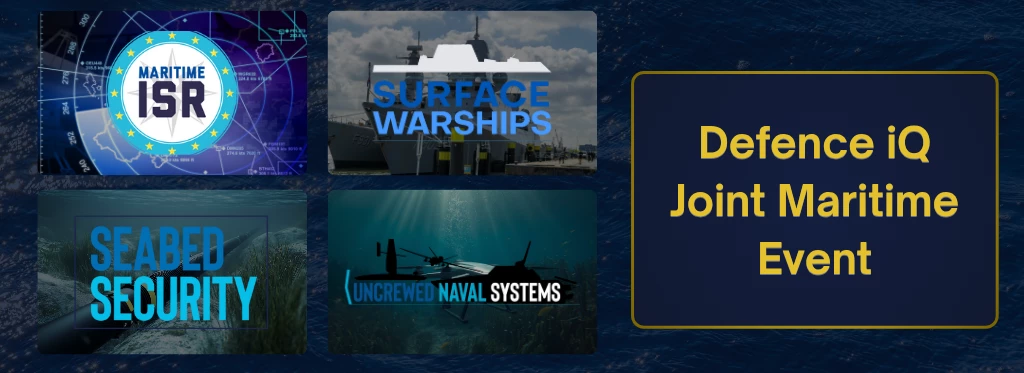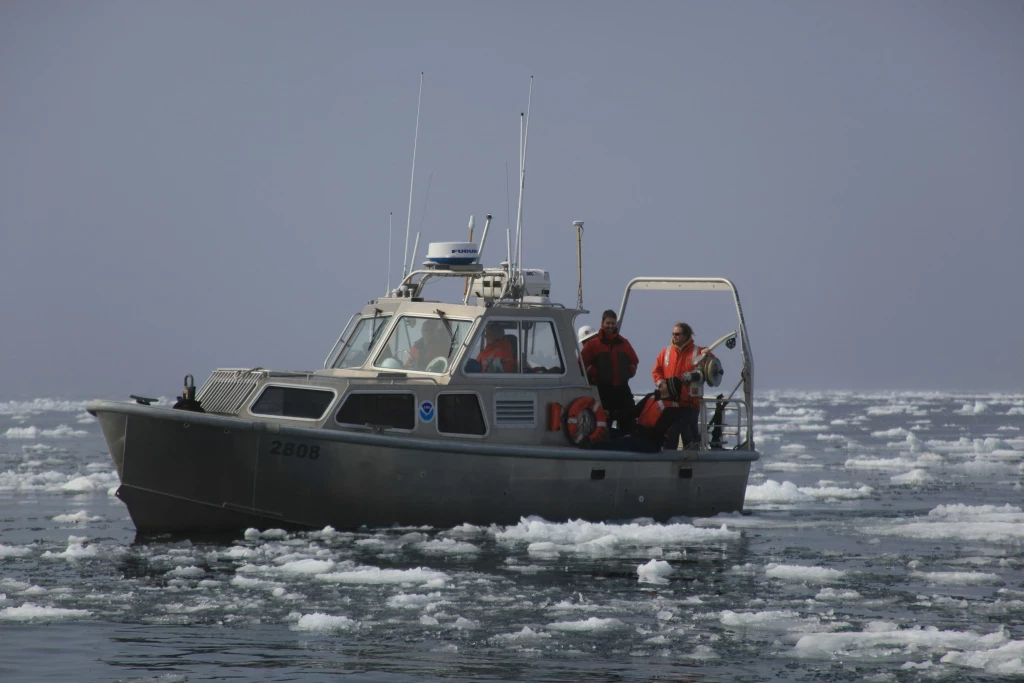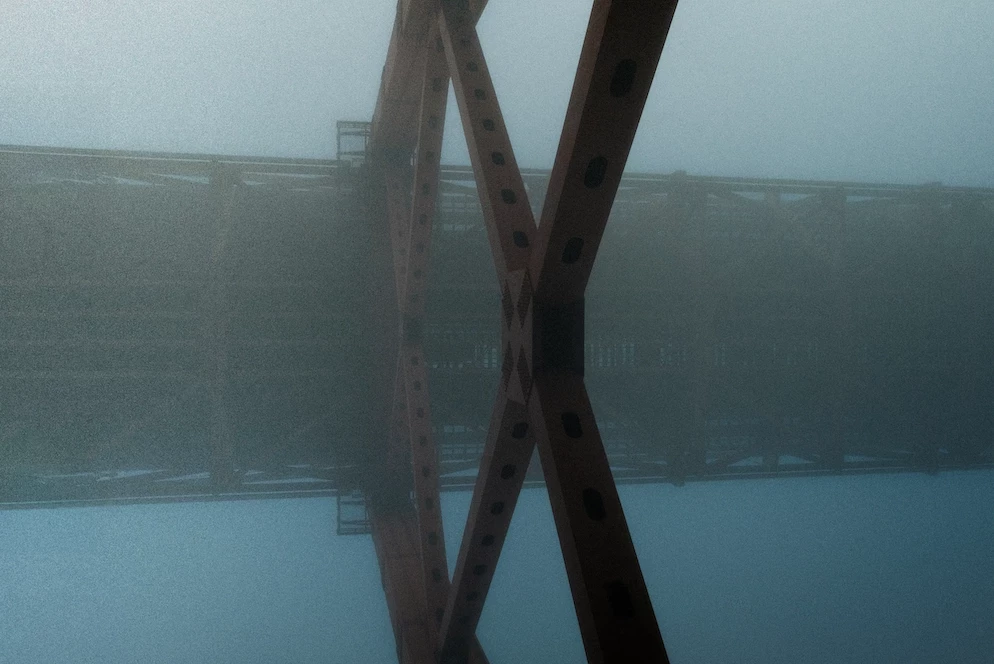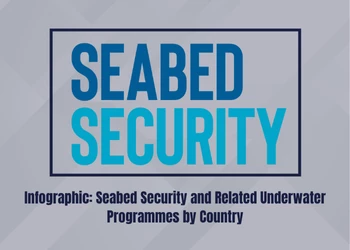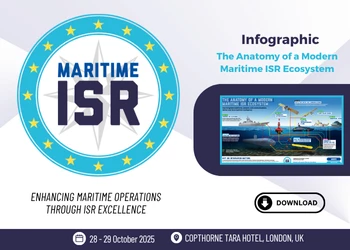MOAS on the European Refugee Crisis: Communication, Cooperation and Collaboration
Add bookmark
Image: MOAS
Speaking to Martin Xuereb the gravity of the migration crisis and the sense of responsibility he feels is all too clear. He is the Director of Migrant Offshore Aid Station (MOAS), the global search and rescue charity specialised in mass rescue with ships currently patrolling the Mediterranean, the Aegean and the Andaman seas. He is also a retired Brigadier General and was Malta’s former Chief of Defence, having spent several years at the helm of the Armed Forces of Malta, which is the Maltese entity responsible for search and rescue.
After saving almost 12,000 lives from the Central Mediterranean between 2014 and 2015, MOAS shifted operations to the Aegean Sea which is currently seeing the vast majority of refugee crossings from Turkey to Greece.
“The conditions through winter have been horrific and we have witnessed first hand, the loss of those that have had to deal with the tragic downing of loved ones, including very young children,” Xuereb said. “The reality is that as the situation deteriorates in countries of origin, refugees are becoming more desperate to make the crossing.”
How can search and rescue operations, especially large and complex mass rescue operations like those seen over the last 18 months as people continue to flee Syria and the surrounding region, be more effective?
“Cooperation among stakeholders is a key tenet for maritime search and rescue as well as for MOAS,” Xuereb insisted. “We have an open channel of communication with many and cooperate and coordinate on a regular basis. This is something that we have found enriching and useful for our operations.
“The good news is that there are many people involved in search and rescue and there is a great appetite for collaboration to save lives.”
[inlinead]
David Jardine-Smith, General Secretary of the International Maritime Rescue Federation (IMRF) agrees that cooperation and communication is vital.
“The IMRF’s mass rescue operation (MRO) project team has concluded that the single most important thing in planning for and responding to MROs is good communication,” he told Defence IQ. “This means many things, but includes sharing information on what resources are available and how they can be used, and how they can operate together successfully during an operation.”
Cooperation and communication between international rescue agencies, government, charities, and the military will invariably be augmented through large-scale inter-agency exercises, such as the Arctic LIVEX16 exercise taking place in Greenland later this year. Bjørn Bay, the chief of police in Greenland, recently explained the purpose of the SAR-related exercise to Defence IQ:
“The goal is to improve cooperation between all parties involved in a crisis situation in Greenland, such as the fire department, health and environment authorities, the municipality, the Government of Greenland, Joint Arctic Command, Greenland Police, private companies, and national authorities in Denmark including the whole national crisis setup in Denmark.”
LIVEX16 is important because, according to Bay, the need to deal with a large-scale SAR incident in the Arctic region is a matter of when, not if.
Of course these mass rescue efforts have been a permanent fixture in waters off Europe for too long now. But how much longer is the crisis likely to continue? What more needs to be done to help SAR operations in the Aegean seas and beyond?
“As long as there are reasons for hundreds of thousands of people to flee their homes, there will be mass migration,” said Xuereb.
“Wars, extreme poverty, persecution of minorities are all factors that contribute to this growing crisis worldwide. The world needs to make a simultaneous investment in solving the pressing problems in the most volatile regions while ensuring that refugees who need a safe haven are not forced to drown.”
“While the issue of mass migration is very complex, it is important for your readers to put themselves in the shoes of those families who are forced to leave everything they know in order to stay alive.
“Nobody takes such a risky journey without good reason. We must be compassionate in our response and we all have a responsibility of making sure people are not left to drown.”
The challenges MOAS and other aid agencies and charities face with mass rescue operations are of course extensive and complex. MOAS tackles each rescue on a case by case basis, but Xuereb said that the situation becomes more challenging when the people they are trying to rescue are in a panic. Those that remain calm and listen to instructions are more likely to be rescued than those who don’t.
“What is constant is that all rescue operations are carried out in an orderly manner,” he said “Normally people in distress respond well and take instructions as long as it is clear that those taking charge are doing it to save lives. The moment people panic is the moment lives are lost.”
Aside from the immediate operational problems, he also indicated that funding is a massive challenge for MOAS. The organisation is “totally dependent” on donations, so it can only procure and hire equipment and properly resource operations that it raises enough money for.
One area that MOAS has and will continue to invest in is SAR technologies that provide surveillance capability for a fraction of the cost of vessels and expensive communications systems, such as UAVs and other unmanned systems.
“We are strong believers in using the latest technologies to save lives efficiently and effectively,” said the MOAS chief. “Drones are a huge part of this. We used them in the Mediterranean and we will be using them again in South East Asia.
“Ultimately, we need to make sure we are tapping into all our resources. This is our principle: If we were lost at sea, how many vessels do we want to be searching for us? And what technologies do we want them to use? The answer is: as many and as much as possible.”
David Jardine-Smith explained that “there are significant gaps in the ‘Global SAR Plan’. SAR facilities are insufficient, sub-standard or lacking altogether in many places around the world.” The IMRF is working on a number of projects – such as providing SAR administration and coordination training
support in North & West Africa – with the ultimate aim of further developing and completing this SAR plan. There is a great deal of work to be done to help facilitate and improve mass rescue operations, but most authorities agree that better communication, collaboration and sharing lessons learnt is the best starting point.
Defence IQ asked the MOAS chief if he had one piece of advice for the SAR community to work on improving over the next few years, what would it be?
“Cooperation is the key,” said Xuereb. “There are so many organisations out there with assets, resources, expertise and experience to share. We need to make sure we are collaborating closely to make full use of all we have at our disposal to save lives.”










